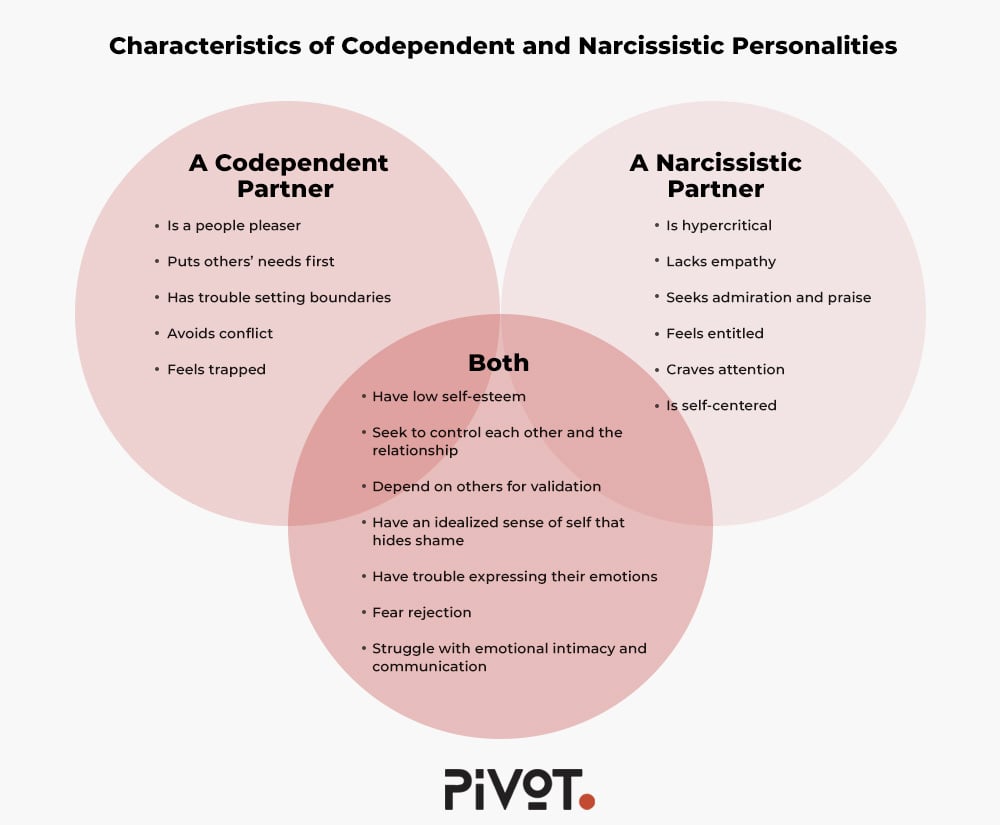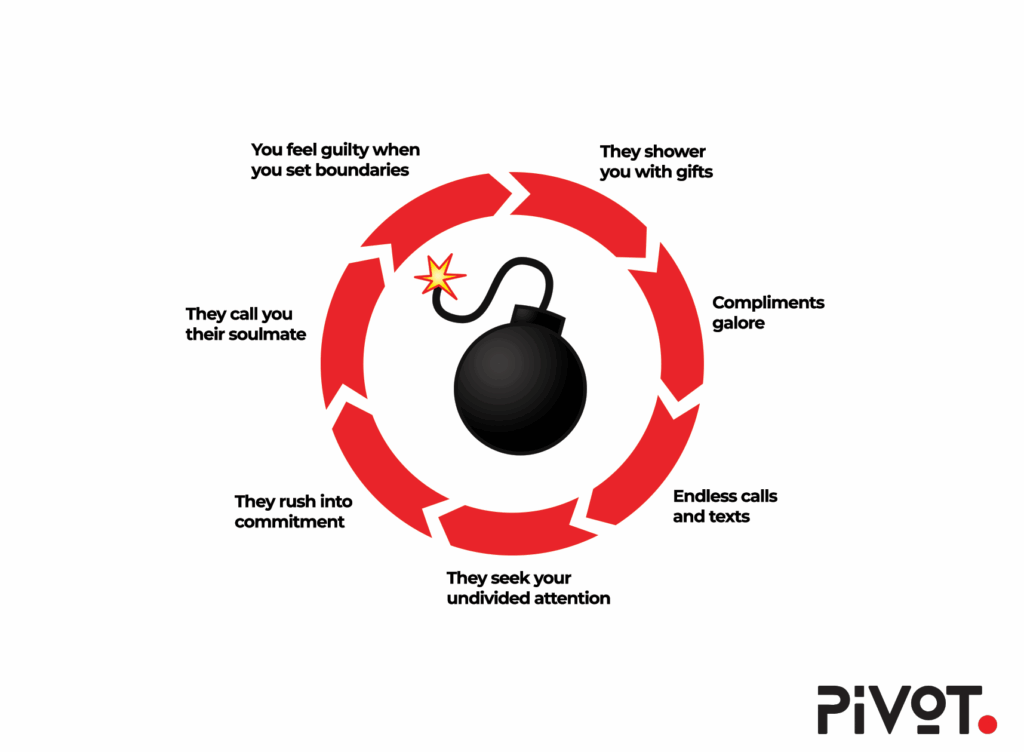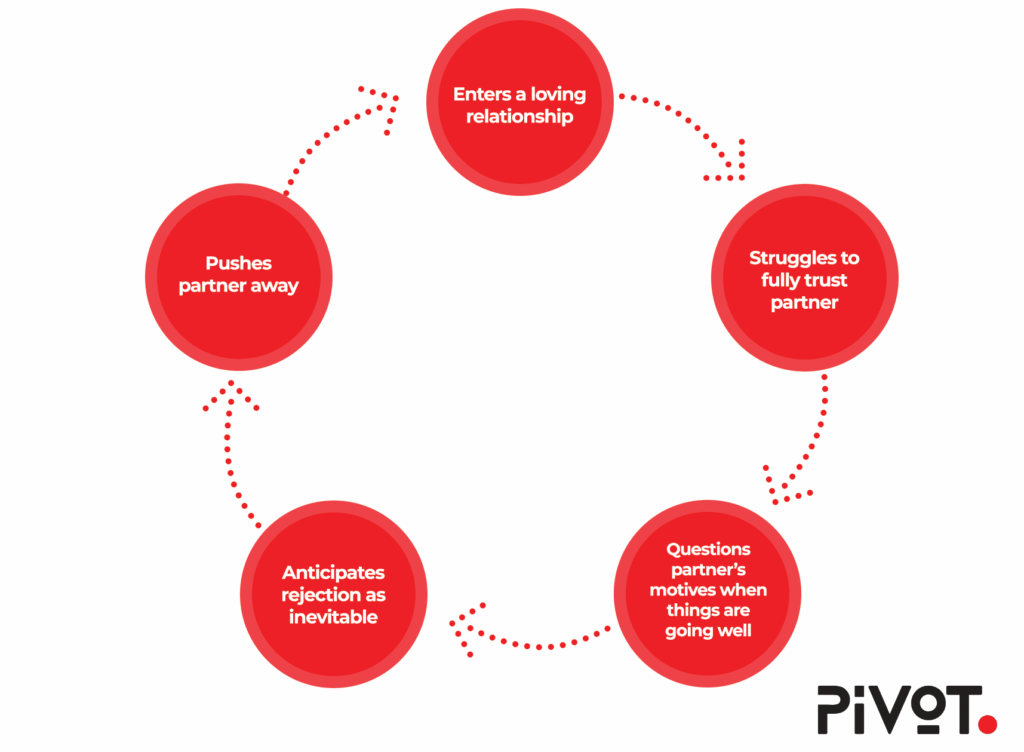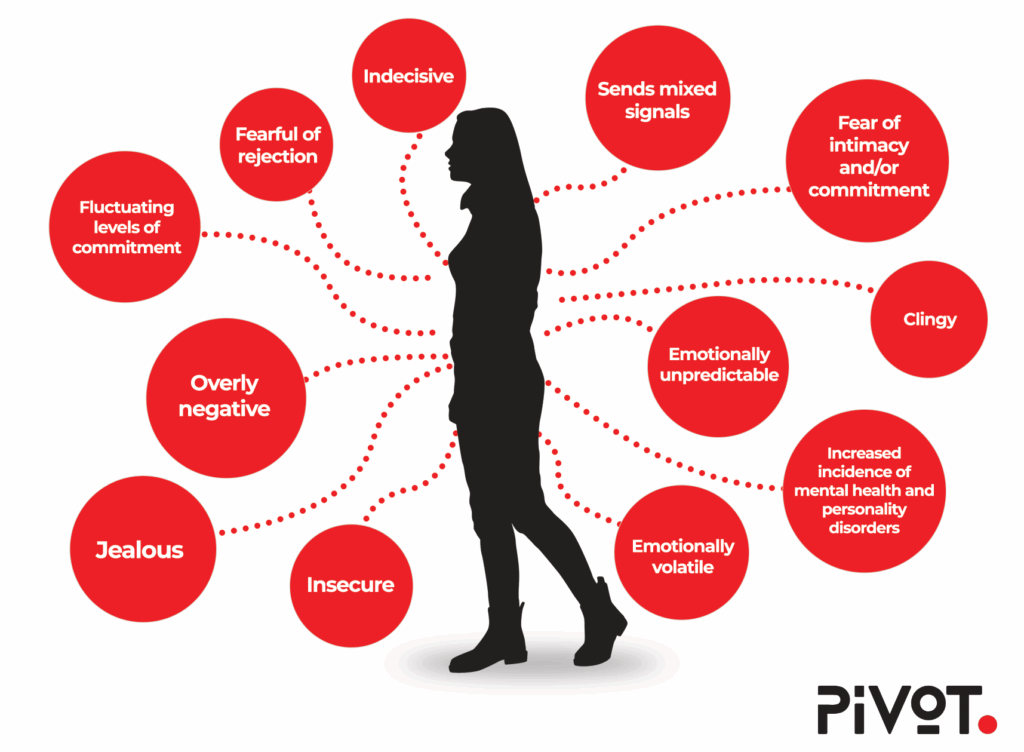Narcissistic relationship stories with positive outcomes can provide hope for those struggling with the pain of emotional abuse. If you have identified this complex, dysfunctional relationship dynamic in your life, please know that you’re not alone. Many before you have walked the same path. Even if you aren’t entirely sure what the problem is, if any of the details in this post resonate with you, it’s time for change.
At PIVOT, we have helped thousands of people extricate themselves from painful, complicated relationships. Our process – proven time and again – empowers each person to show up with their unique story and shape a trajectory toward healthier, happier relationships.
Just like the heroes in our narcissistic relationship stories below, you can successfully rewrite the ending of your story. With PIVOT, you can be confident that you’re on the right path to healing.
Surviving a Narcissistic Relationship
Kris’s Story
I met Marc at a company-wide workshop. At the end of the day, he sat at the bar’s piano and intrigued me with his singing. Afterward, he caught my eye and walked over to ask if he could buy me a drink; I was hooked.
After a whirlwind year of weekend trips and expensive gifts, we got engaged. Marc was a few years older than me, and often made suggestions about my clothes and hairstyle. I was flattered that he cared so much and concluded that he had my best interests at heart. Whenever we disagreed, I usually acquiesced to his way of thinking. Though previously divorced, he told me I was nothing like his ex-wife. He made me feel valued and loved.
Our wedding and honeymoon were extravagant, romantic affairs. Soon after, however, things began to change. We started arguing more frequently, and I often felt I was to blame. During disagreements, Marc would lecture me in a condescending tone until I was convinced that I‘d been wrong all along. With each emotional outburst, I wondered what I’d done to provoke him and then vowed to try harder.
By our first anniversary, I was a shell of my former self. I’d stopped hanging out with friends because I didn’t want to set him off. I even avoided seeing my family to prevent the inevitable blow-up. Marc’s friends and family seemed to hold me at arm’s length – I wondered what he had told them about me. I felt totally dependent on him, and the future seemed limited. What had become of my life?
Feeling a need to escape, I left while Marc was at work and took refuge with my parents. I took a few days to reset and reflect, then turned to the internet to search for help. That’s where I found PIVOT.
When I shared my story with Kayla, she didn’t flinch. In fact, she seemed to understand exactly what I was going through. She suggested that I attend a narcissistic abuse retreat, which turned out to be a real turning point in my recovery.
At the retreat, I found a supportive community and a PIVOT coach who showed me how to recognize the manipulative tactics Marc had used with me. As I healed, I also learned to communicate my needs more effectively. Soon, I felt like my old self again.
Now, I’m fortified with the appropriate tools to better navigate my future relationships. PIVOT helped me rediscover my true self, so that I can look forward to healthier, more resilient personal connections.
Milo’s Story
I dated Kendall for two years before we tied the knot. I didn’t take any of the early warning signs seriously – I was too enamored. Sure, she liked to have things her way. Her older brothers hinted that as the only girl and youngest child, her family had always indulged her because she was “special.”
For someone who’d received so much love and attention as a child, she wasn’t very big on empathy. Her apologies usually sounded like, “Well, I’m sorry you feel that way!” Still, we were mostly happy as long as things were going well.
It was during times of stress that Kendall became hard to live with. She demanded constant attention and became extremely controlling. When we argued, she twisted my words around and projected her behaviors onto me. The result was pretty destabilizing. I almost started believing that I was the one being unreasonable.
A friend at work told me about his great success with the PIVOT Process. I investigated online and learned about their couples’ intensive that could help me and Kendall make some critical changes in our relationship. I approached her at the right time, and she agreed to go.
As we worked through the process with our individual coaches, we learned a lot about ourselves and how our childhood relationships influenced our marriage. After Kendall and I finally came together with our advocates, our conversations were incredibly productive.
We learned to recognize how we were triggering negative emotions in each other and how to establish healthy boundaries. PIVOT gave us the tools to replace old, dysfunctional communication methods that paralyzed us in cycles of conflict. Now when we disagree, we use effective new strategies to diffuse the conflict peacefully. We’ve learned to align our thoughts and emotions with our actions, and our relationship is now on solid ground.
What You Can Learn from Narcissistic Relationship Stories
If you believe you’re in a narcissistic relationship or you see yourself in these stories, here’s an important takeaway: healing is not only possible, it’s within reach. Although it’s hard to effect lasting behavioral change by yourself, PIVOT is here to help.
PIVOT relationship coaches specialize in recognizing challenging interpersonal dynamics and helping people achieve relational freedom. We support you in the following skills:
- Learning to recognize manipulation techniques
- Changing repetitive behavioral patterns
- Setting and maintaining healthy boundaries
- Using the actionable tools from the PIVOT Process in your relationships
Like the survivors in these stories, you can reclaim a stronger, healthier, and more resilient you.

Do You Ever Fully Recover from Narcissistic Abuse?
Living with a narcissistic partner can strip away your self-confidence and damage your self-esteem. After being conditioned to doubt themselves in favor of their partner’s needs and demands, one of the most significant difficulties survivors of narcissistic abuse face is having healthy relationships in the future. For this reason – and to ensure that you aren’t destined to repeat this excruciating experience – it’s essential to analyze how you fell into this trap.
A PIVOT relationship coach is your best resource for achieving this insight. We’ll help you examine your own developmental psychology and identify your attachment styles. In addition, we’ll help you reconnect with your goals and provide the tools to help you reach them. Seeking help is your first step on the path to rewriting the ending of your narcissistic relationship story.
Transform Your Relationships With PIVOT
If you hear echoes of your own experience in these narcissistic relationship stories, PIVOT can help. We offer expert relationship coaching for individuals, couples, and families who struggle with this challenging relationship dynamic. If you are anxious to see rapid behavioral change, intensives and retreats provide immersive, quick-start experiences. Reach out today to begin your journey to a healthier, happier life. Call us at 1-855-452-0707.






















